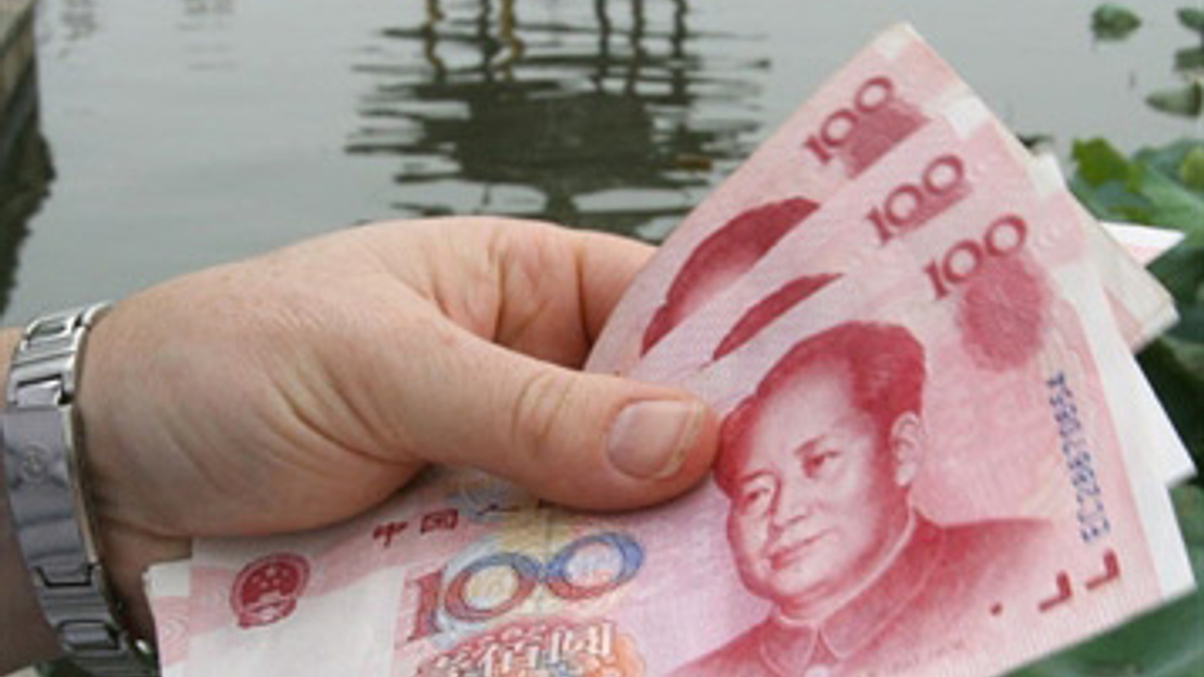China to be ‘mother of all distressed opportunities’
A credit crisis in the mainland, underpinned by a huge shadow banking network, will unleash a wave of deal opportunities, say distressed specialists.

China’s mounting credit woes will spawn a huge range of distressed and restructuring deals, argue investment specialists.
Sign in to read on!
Registered users get 2 free articles in 30 days.
Subscribers have full unlimited access to AsianInvestor
Not signed up? New users get 2 free articles per month, plus a 7-day unlimited free trial.
¬ Haymarket Media Limited. All rights reserved.


